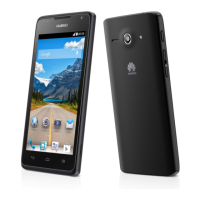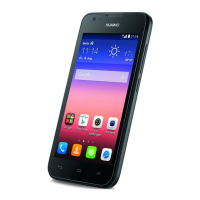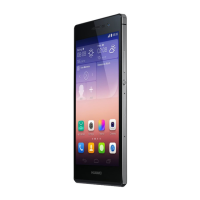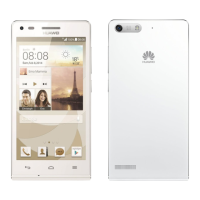14
Charger safety
• Unplug the charger from electrical outlets and the device when
not in use.
• Do not drop or cause an impact to the charger.
• Do not touch the power cord with wet hands or pull the power
cord to disconnect the charger.
• If the power cable is damaged (for example, the cord is exposed
or broken), or the plug loosens, stop using it at once. Continued
use may lead to electric shocks, short circuits, or fire.
• If your device has been exposed to water, other liquids, or
excessive moisture, take it to an authorized service center for
inspection.
• Connect the device only to products with the USB-IF logo or with
USB-IF compliance program completion.
• For pluggable devices, the socket-outlet shall be installed near
the devices and shall be easily accessible.
Battery safety
• Do not connect battery poles with conductors, such as keys,
jewelry, or other metal materials. Doing so may short-circuit the
battery and cause injuries or burns.
• Do not solder battery poles or dismantle the battery. Doing so
may lead to electrolyte leakage, excessive heat, fire, or
explosion.
• Do not attempt to modify or remanufacture the battery, insert
foreign objects into it, or immerse or expose it to water or other
liquids. Doing so may lead to fire, explosion, or other hazards.
• Keep the battery away from excessive heat and direct sunlight.
Do not place it on or in heating devices, such as microwave
ovens, stoves, or radiators. Batteries may explode if overheated.
• If the battery leaks, ensure that the electrolyte does not make
direct contact with your skins or eyes. If the electrolyte touches
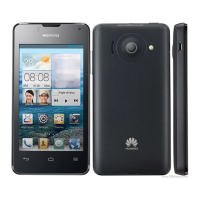
